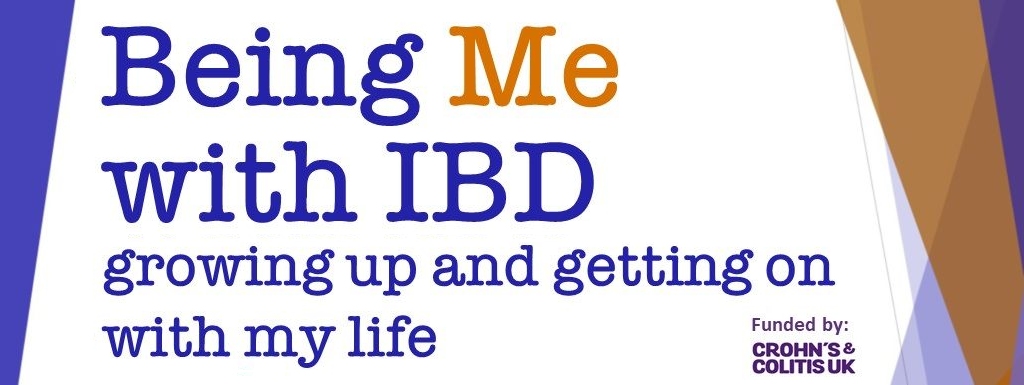
In the first of our blogs we talk about the starting point for the Being Me with IBD study, a brief introduction to the team and a brief overview of the study. Subsequent blogs will talk more about the methods we are using, our experiences of engaging with young people with IBD, some of the conundrums we have faced and will share our progress with the research.
In the beginning
All studies start somewhere. The Being Me with IBD study started with a conversation between Bernie Carter (Edge Hill University) and Pamela Qualter (University of Manchester) about the resonances and overlaps between our own research interests. The conversation deepened and became more animated as we started to explore the intersections in our work. It quickly became clear that we were both interested in friendships, relationships, and loneliness and that those were topics that had not been researched in much depth in relation to young people growing up with a chronic condition. We refined our focus and started to think about young people with Crohn’s Disease and Ulcerative Colitis (collectively called Inflammatory Bowel Disease, IBD).
We worked with young people with IBD to help develop our ideas, to ensure that the research area we were interested in was one they thought was worthwhile. These young people agreed that it was worth pursuing. So, the study was developed collaboratively with young people; this approach has been fundamental to the way we have worked and continue to work.
What is the Being Me with IBD study aiming to do?
We are aiming to explore whether IBD impacts the social relationships, friendships, and emotional lives of young people, aged 14-25 years with the condition.
So why focus on young people with IBD?
IBD is an incurable, chronic and relapsing condition and up to 25% of IBD is diagnosed during childhood and adolescence.
Although there is not a great deal of research addressing the social impact of growing up with IBD, it is clear that living with IBD increases stress and anxiety for young people and their families[1]. The symptoms associated with IBD include diarrhoea, abdominal pain, fatigue and anxiety, and young people may be embarrassed about these. In conjunction with the need to take regular medication, some of which requires attendance at hospital, the symptoms and changes in body image are likely to interfere with young people’s friendships, relationships, and social activities.
What we do know from other research is that 30-50% of adolescents with IBD report anxiety and 20-40% of adolescents with IBD report depressive symptoms[2]. However, there is almost no evidence about loneliness or friendship quality in adolescents and young adults with IBD; most research studies simply don’t ask about these really important factors. We also don’t know much about those for whom IBD has little or no impact on their friendships or well-being, or how the condition might bring friends closer together. We consider friendship and connectedness as key factors that deserve to be studied and this opinion was shared by Crohn’s and Colitis UK who funded the study.
Who is in the team?
In addition to Pam and Bernie, our team eventually grew to encompass expert clinicians across three hospitals – Prof Stephen Allen (Liverpool School of Tropical Medicine/ Alder Hey Children’s NHSFT), Kay Crook (London North West Health Care) and Prof Chris Probert (University of Liverpool/Royal Liverpool and Broadgreen University Hospital NHS Trust). The other members of the team are both from Edge Hill University: Dr Lucy Blake has expertise in psychology and family research and Prof Lucy Bray has expertise in researching with children and young people.
Thanks for your interest in our study
The Being Me with IBD Study Team
[1] Loftus et al. (2011) https://www.nature.com/articles/ajg2011142; Loreaux et al. (2015) https://doi.org/10.1080/02739615.2014.912943
[2] van den Brink et al. (2016) https://bmjopengastro.bmj.com/content/3/1/e000071
